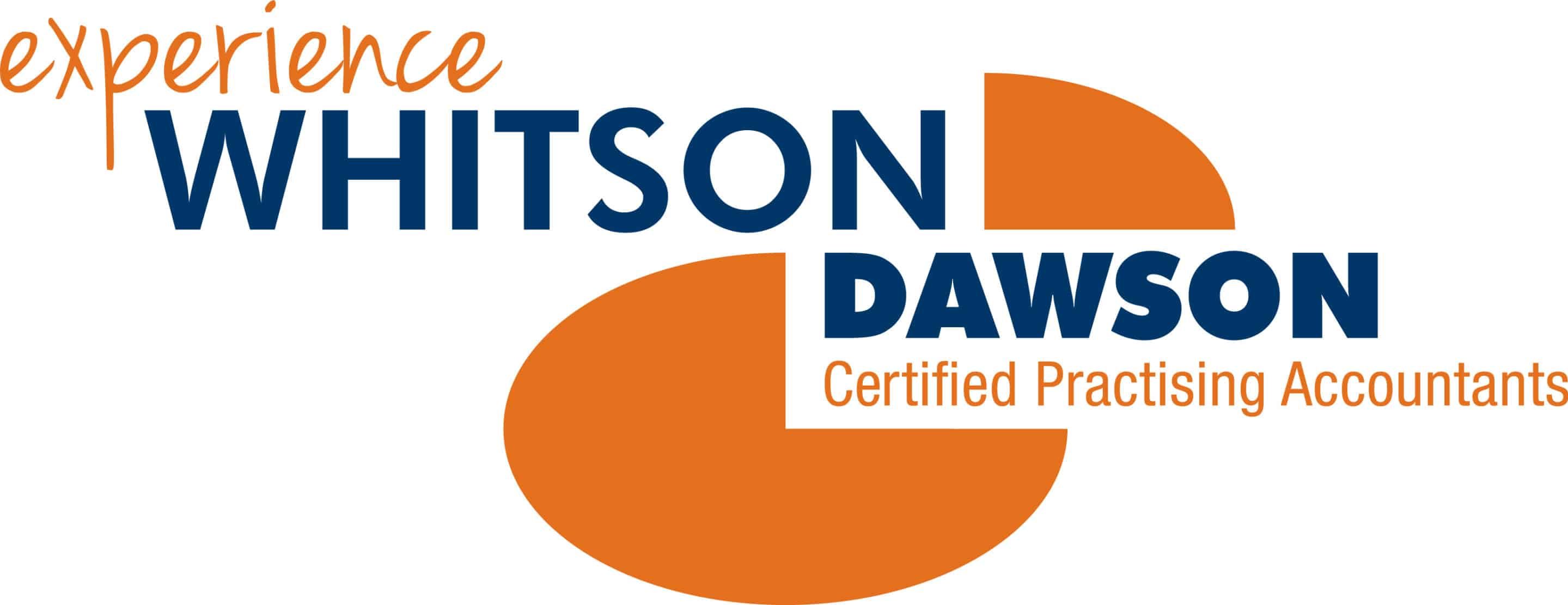In the dynamic world of business, keeping accurate records is not just a necessity but a cornerstone for success. Whether you’re a seasoned entrepreneur or just starting out, the importance of organised and efficient record-keeping cannot be overstated. In this blog, we’ll explore the essentials of business record keeping, its significance, strategies for effective management and how to overcome common challenges.
Understanding The Basics Of Business Record Keeping
Effective business record keeping starts with understanding what records to keep and the importance of their organisation. Here are the important record types and why systematic management is needed:
What Records to Keep
- Financial Statements: Balance sheets, income statements and cash flow statements.
- Tax Records: Documents related to income tax returns, payroll tax and other relevant taxes.
- Employee Information: Payroll details, superannuation contributions and employment contracts.
- Invoices and Receipts: All incoming and outgoing invoices, receipts for expenses and proof of transactions.
Importance of Organisation
Organising these records systematically is important for easy access and analysis. This includes chronological filing, digital backups and regular audits.
Why Is Accurate Record Keeping Important For Your Business Success?
Accurate record keeping is the backbone of any successful business. It provides a clear picture of your financial health, aids in strategic decision-making and ensures compliance with legal and tax obligations. Inaccurate or disorganised records can lead to financial mismanagement, legal penalties and missed opportunities for growth. By maintaining precise records, businesses can monitor their progress, identify trends and make informed decisions.
Strategies For Efficient Business Record Management
Implementing strategic practices not only streamlines your business operations but also ensures compliance and financial health. Here are the key strategies that can significantly enhance your business’s record management system:
- Implement a Reliable Accounting System: Utilise software that suits your business needs for streamlined record-keeping.
- Regular Reconciliation: Regularly compare your records with bank statements to ensure accuracy.
- Stay Informed on Tax Laws: Keep abreast of changes in tax laws to ensure compliance and maximise deductions.
- Digitise Records: Convert paper documents to digital formats for better security and accessibility.
Overcoming Common Challenges In Business Record Keeping
Managing business records effectively is fraught with challenges, particularly when dealing with vast data volumes and evolving compliance requirements. Here’s how to address these common issues, helping you streamline your record-keeping processes:
Dealing with Volume of Data
- Automated Solutions: Use software to handle large volumes of data efficiently.
- Regular Audits: Conduct periodic audits to identify and rectify discrepancies.
Staying Updated with Compliance
- Continuous Learning: Stay informed about changes in financial regulations and compliance requirements.
- Professional Support: Engage with accounting firms for guidance and support.
Choose Whitson Dawson For Your Business Record Keeping
Understanding the complexities of business record-keeping can be challenging. At Whitson Dawson, we offer our services to help you navigate through these complexities. Our team is equipped to provide support and advice tailored to your business needs. For assistance with your business records, feel free to contact us. Visit our contact page or call us for more information.







Recent Comments